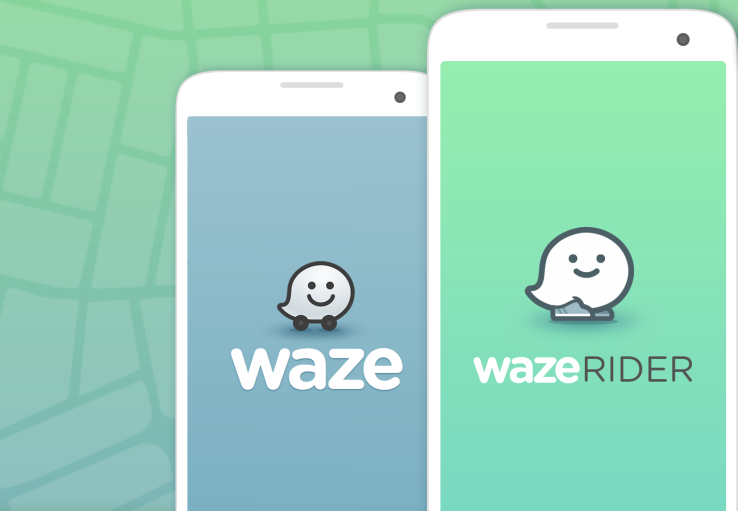

Waze’s Carpool ridesharing features might be coming to a city near you relatively soon. The Google-owned crowdsourced navigation app piloted carpooling features first in its home country of Israel, and then in San Francisco and the Bay Area – and now it’s looking to spread it further, including in additional U.S. cities, and in Latin American markets.
That’s according to Waze boss Noam Bardin, who laid out the company’s plans in an interview with the Wall Street Journal on Wednesday. The expansion would significantly speed up the pace of Waze’s carpool ambitions, which have thus far progressed only very slowly, with careful attention paid to gradual rollout in limited markets, slowly adding on new areas and employer and transit partners encouraging use of the service.
Waze Carpool is quite different from offerings including uberPOOL, in that the Google-owned offering doesn’t seek to be a meaningful revenue-generating opportunity for the drivers who participate. Riders pay a small fee for joining a driver’s commute, but this is designed mainly to help drivers split the cost of gas, and potentially cover a bit of their vehicle’s maintenance in the process.
Riders pay a lot less than they might otherwise, as a result – barely more than public transit costs. But the trade-offs include fewer guarantees you’ll even find a ride, and a need to book relatively far in advance in order to make sure you’re covered. Waze is acting purely as a connecting mechanism, too, which means it doesn’t screen drivers – but it also doesn’t take any of their earned income. For now, that is; Bardin told the WSJ that if the service catches on, it might start charging riders 15% more and taking that cut.
Waze’s Carpool might hold more appeal than competing services from Uber and the like for one big reason: if it actually takes off and remains focused not on incentivizing professionals, but on just connecting existing commuters, it could do more to reduce the actual numbers of cars on the road and sitting idle in parking garages, both in the short term and further down the line. Professional ride-sharing services, at least in the short-term, potentially result in a spike in cars on the road as drives secure and operate vehicles specifically to be able to work on the platform.
Waze Carpool could come to São Paulo as one expansion target, Bardin said in the interview, but other specific markets for growth aren’t yet known..

